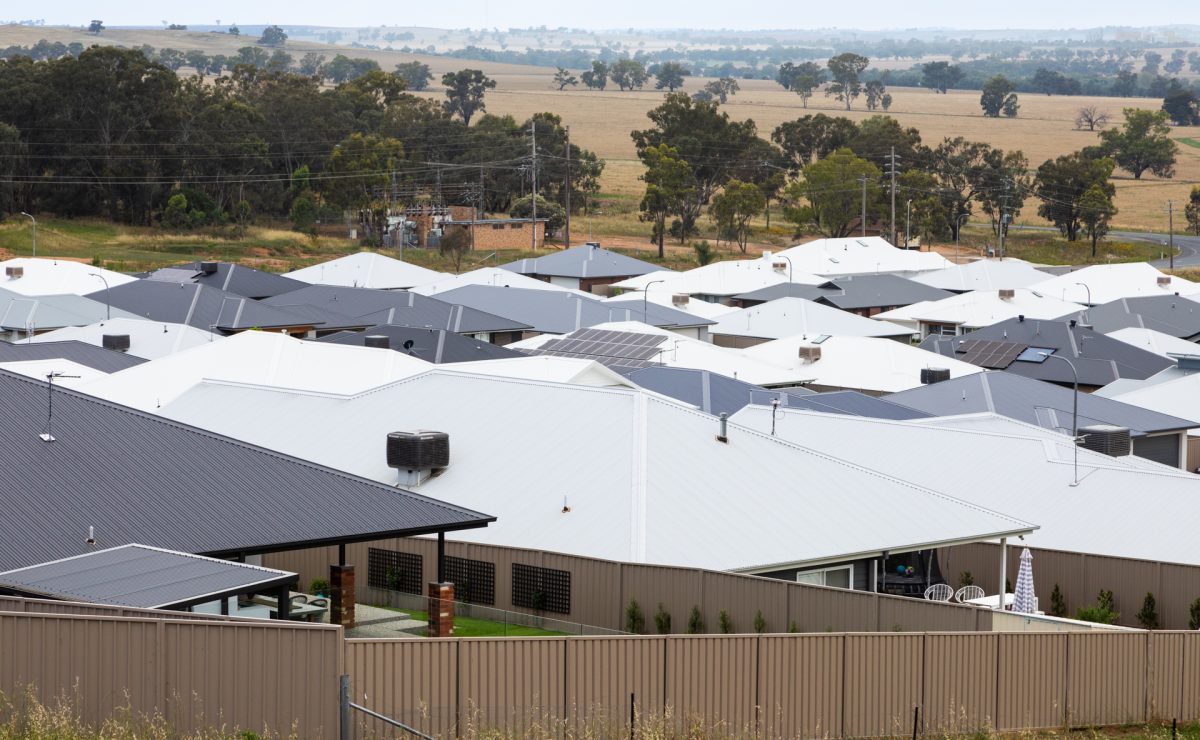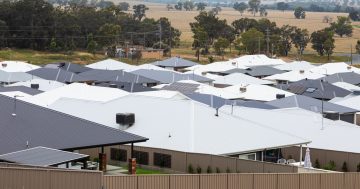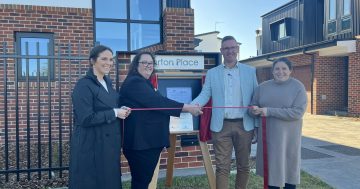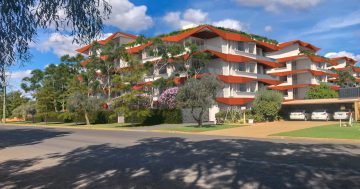
Affordable housing in the Riverina and surrounding areas is at an all-time low according to the most recent annual housing report by Anglicare. Photo: Michelle Kroll.
Rental affordability in the Riverina is at an all-time low with less than one per cent of rentals listed on a real estate site being considered affordable for people on support payments.
According to annual research conducted by Anglicare, which looks at available properties on real estate websites from a random week each year, there were only 20 affordable properties in the Riverina, ACT, Far West and Orana, Central West and Murray for families with both parents on Jobseeker payments.
Meanwhile, the number of affordable properties plummets to only one property in the entire southwest NSW region being considered affordable for single people on jobseeker payments.
People on Youth Allowance are even less able to find an affordable property with no appropriate properties being recorded.
According to the report released by Anglicare, low-income renters in the ACT, Capital Region, Far West and Orana, Central West, Riverina and Murray are “being left behind and forgotten in the private market”.
The report states: “People on income support, especially those who are out of work, have few options. The shortage of affordable rentals will force people to make difficult decisions to keep a roof over their heads.
“Families out of work are also facing a dire situation. An out-of-work couple with two children can only afford 0.8 per cent of rentals. Single parents out-of-work face even tougher odds, with affordability at just 0.1 per cent.
“This year’s results again show how brutal the rental market is for young people. A person on Youth Allowance looking for a sharehouse can afford zero per cent of rentals. Youth Allowance is the lowest of all government payments and, year after year, we find young people are at the bottom of the affordability ladder.
“The most generous of government payments is the Age Pension. Yet for a couple living on the Age Pension, only 2.5 per cent of rentals were affordable. Single retirees have it even worse, with 0.4 per cent of listings left to compete for.”
The report also finds that people working on minimum wage, which as of 1 July 2023 was $23.23 per hour or $882.80 per 38-hour week, aren’t too much better off. A single person working full-time on minimum wage would only be able to afford 1.1 per cent of rentals.
The snapshot recognised that the situation may be worse than its findings suggest, as the number of casual workers is only growing and the research conducted was only done with full time workers on minimum wage in mind.
Anglicare’s suggestions for fixing the issue were to raise support payments over that of the poverty line, focus on growing more social and affordable homes in the region and fixing tax concessions to support the lower bracket earners.














